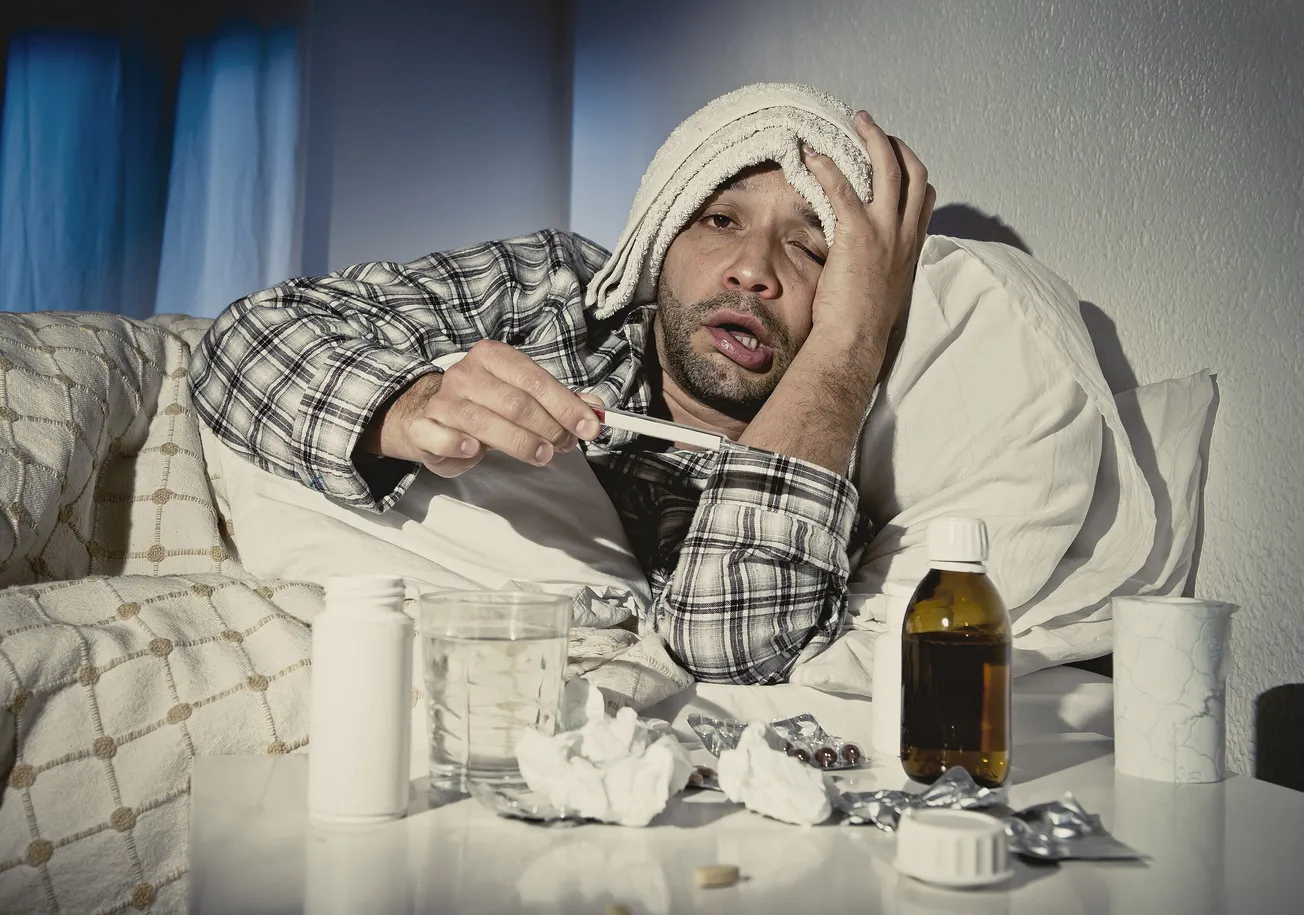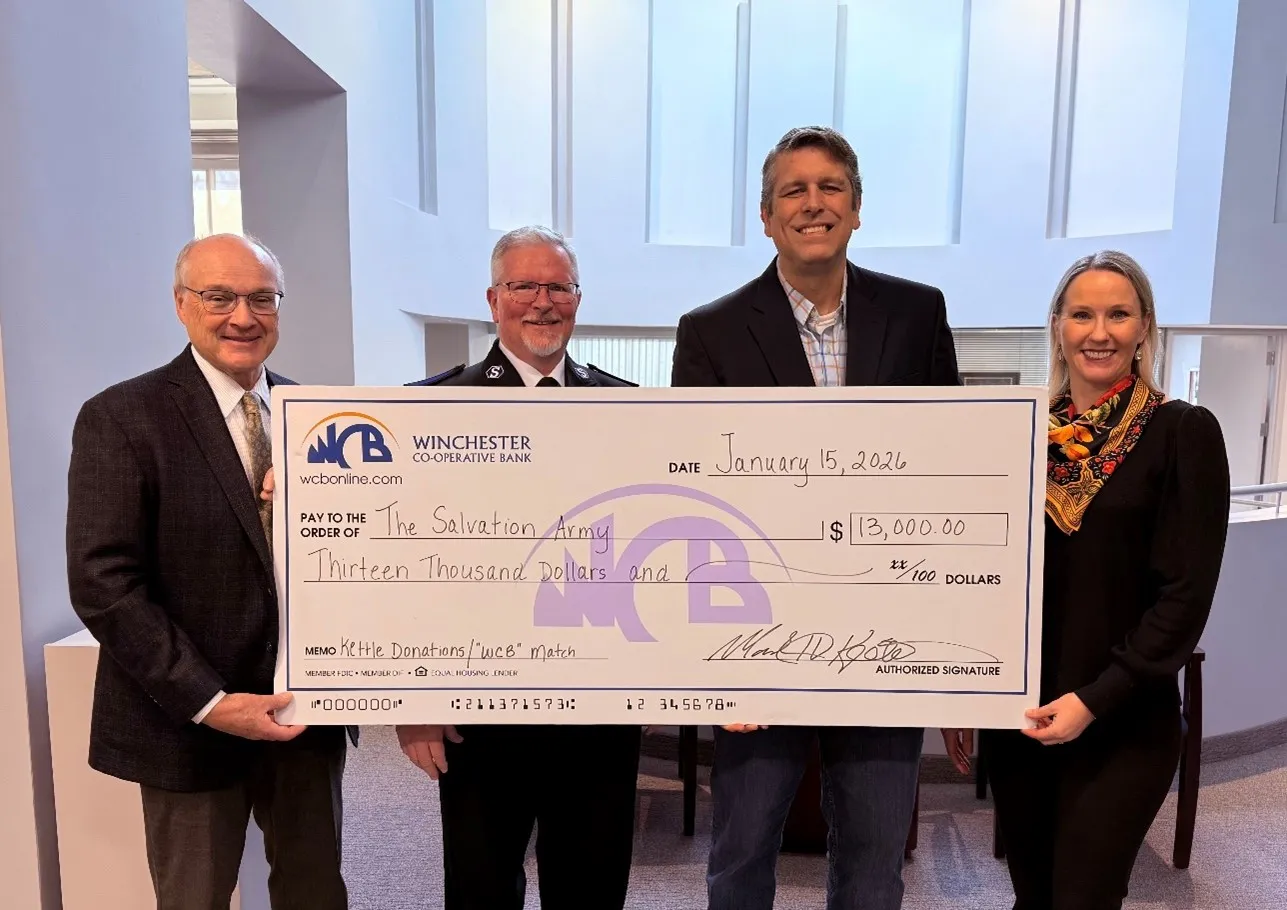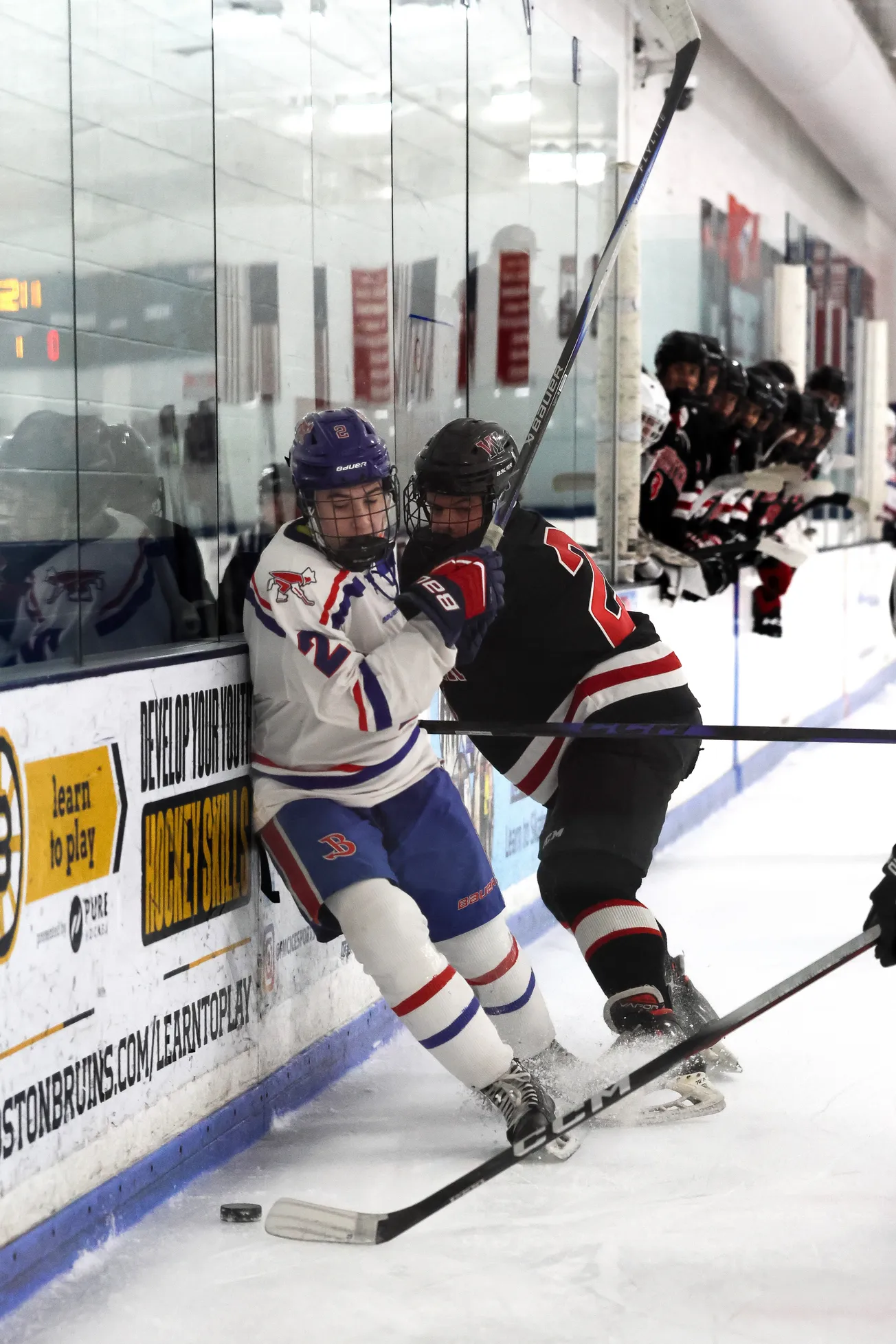Table of Contents
Are you sick? Seems like everyone you know is down with something — COVID-19, influenza, respiratory syncytial (RSV), norovirus — but only one of those, say public health experts, is actually outside of its normal parameters.
“Norovirus has been higher year-over-year,” said Dr. Shira Doron, chief infection control officer at Tufts Medicine. “And it’s higher because of three reasons. One, it’s very contagious because very little of it has to get into your system to make you sick. Two, it contaminates your environment because it’s not easily killed by standard products. Three, you continue to shed the virus for a few weeks.”
Officials at the state Department of Public Health (DPH) confirm norovirus infections reported annually among Massachusetts residents have increased since 2022 when there were 678 cases reported. There were 1,252 in 2023, and 2,080 in 2024 (preliminary 2024 data is subject to change).
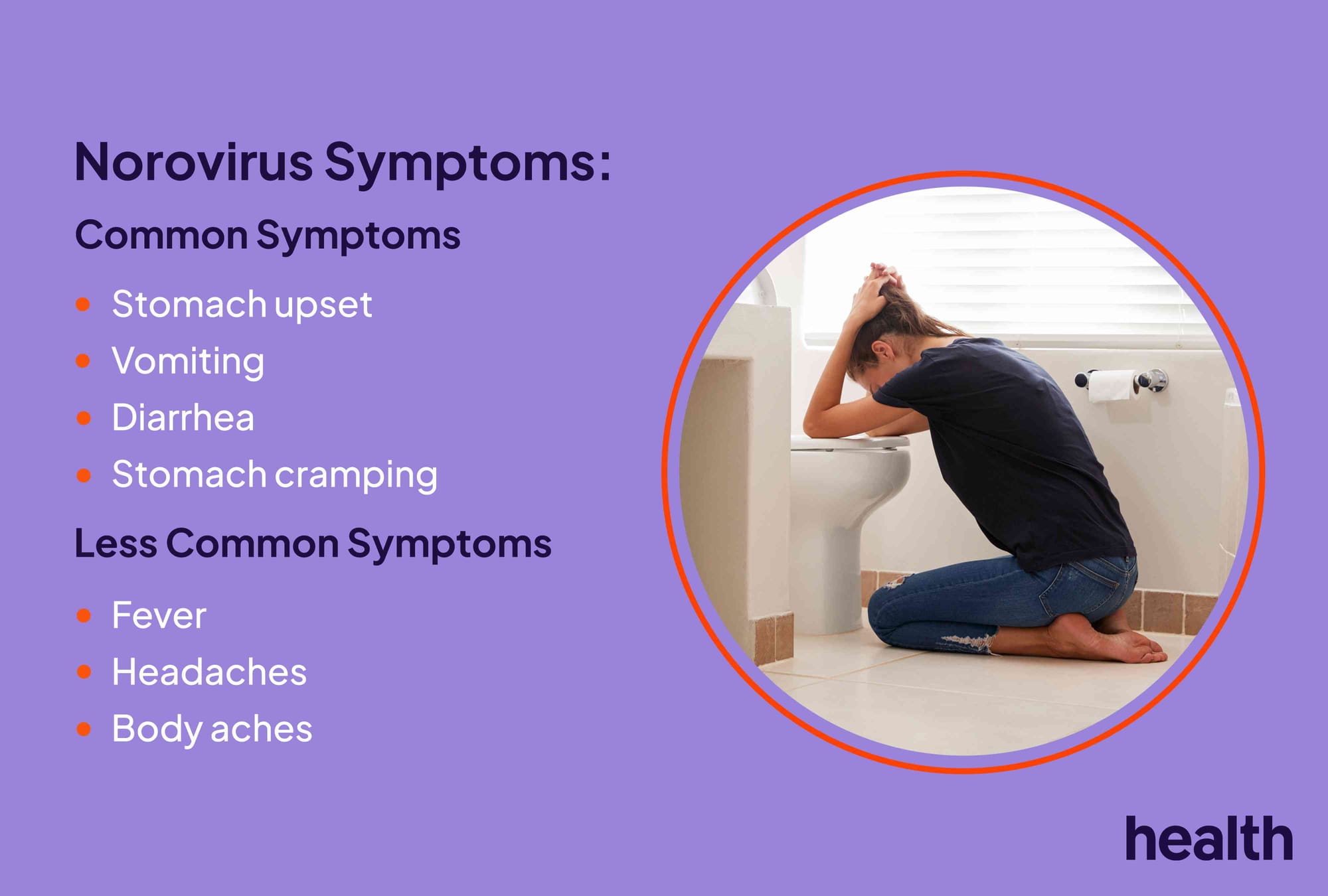
“Massachusetts has observed an increase in laboratory-confirmed norovirus cases reported so far this season, with 134 cases reported in November and 279 reported in December,” officials said, via email. “For comparison, in 2023 there were 52 cases reported in November and 112 in December. Typically, case counts in Massachusetts peak in February or March.”
Why the high numbers? The DPH Bureau of Infectious Disease and Laboratory Sciences has been monitoring the increase in cases.
“It is possible that the uptick may be partially due to increased use of syndromic testing panels, along with some artificial increase due to false positivity reported by some panel manufacturers in recent years,” DPH officials say.
What does that mean? Doron explained it this way.
“We’re testing more since COVID,” she said. “PCR testing has become more and more available. Let’s say you go to the doctor and you’re sick. Once upon a time, they didn’t have these tests and now they do.”
So they test with a quick swab, Doron said, but the panel tests for about 23 different viruses so it increases the number of detection cases on the state dashboard.
“If doctors are judicious in their testing, most people shouldn’t get tested for norovirus, or say, RSV in adults,” she said.
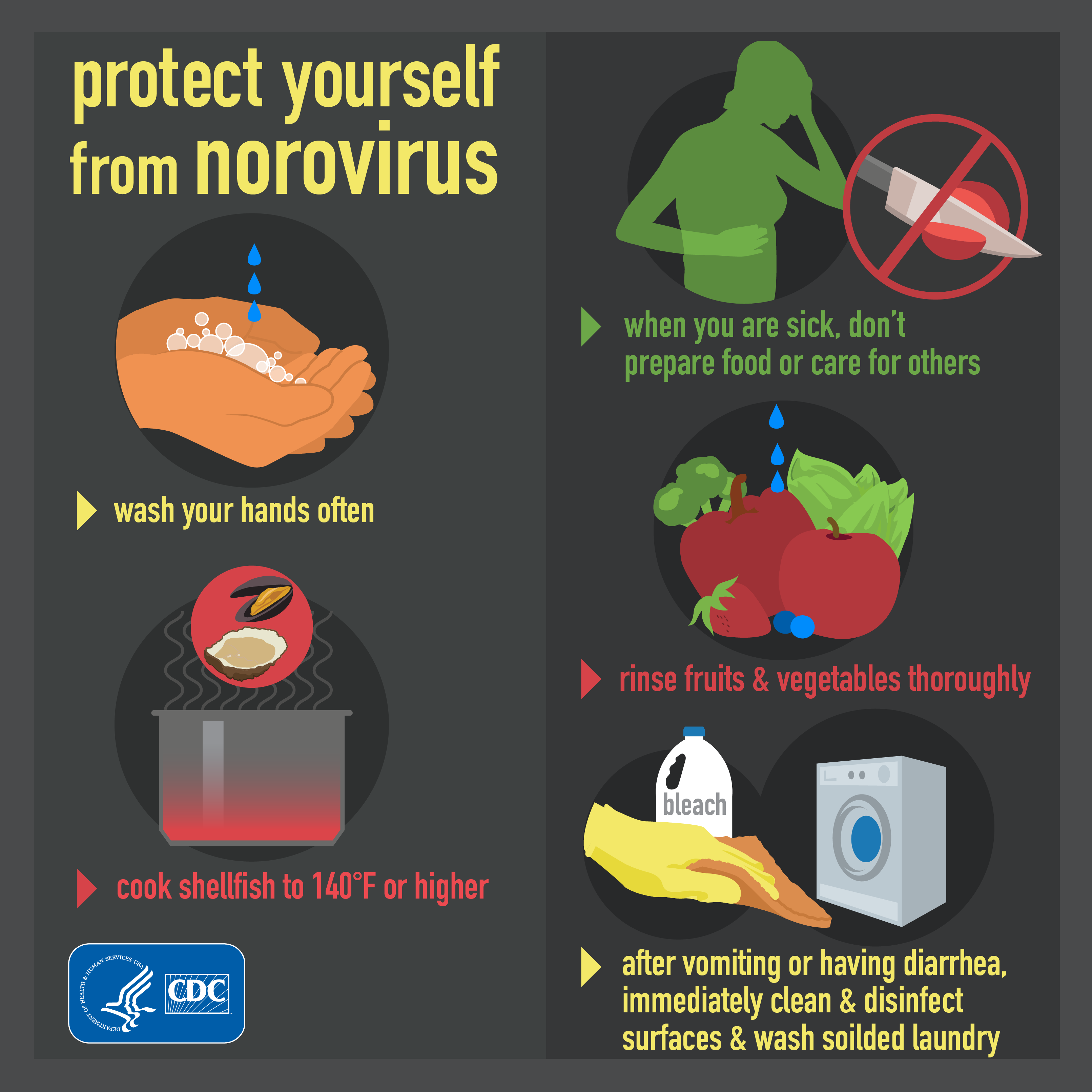
Then what can you do about the virus?
Doron said even if you’re cleaning with Clorox wipes, it’s not really going to kill the virus. Even hand washing might not do it, she added, but keeping yourself as healthy as possible by getting lots of sleep, managing stress and caring for any underlying conditions can give you your best chance in fighting off the virus.
“I wouldn’t say don’t wash your hands,” she said. “If someone is sick around you, you can also clean with bleach-based products. But you can’t do that indefinitely because [bleach can cause] damage. Most of the time, we’re picking these viruses from close contact with work colleagues or our families.”
To mask or not mask? Doron said that’s up to the individual, but she doesn’t discourage using masks if you feel you need to.
“It’s all out there,” she said, of the various illnesses floating around this time of year. “Just be as healthy as you can be when you get sick.”
DPH recommends “that people stay home when they are sick and practice good hand hygiene — washing with soap and water — to help reduce spread. Hand sanitizer alone does not work well against norovirus. A person infected with norovirus should not prepare or handle food for other people for at least three days after symptoms go away.”
Illness caused by norovirus typically starts suddenly, with symptoms developing 12 to 48 hours following exposure to the virus. Most people get better within one to three days and recover fully.
What’s Winchester doing?
The Winchester Health Department also recently issued a norovirus warning to residents, warning of the spread of the illness.
Public Health Nurse Karen DaCampo, RN, said there’s no magic solution to norovirus. But she also offered some tips on how to deal with the virus, should you get it.
“Norovirus is spread from the feces (or vomit) of an infected person to others, and it doesn’t take much to get someone else sick,” she said in an email. “It is highly contagious.”
Like Doron, she said it really does come down to the basics, including the following:
• Effective handwashing w/soap, water and rubbing hands together for 20 seconds is the best way to remove the virus. There’s no way around it – wash your hands and do it frequently, especially after using the bathroom and before preparing food. Alcohol-based hand sanitizer is good, but not better than good old-fashioned soap and water.
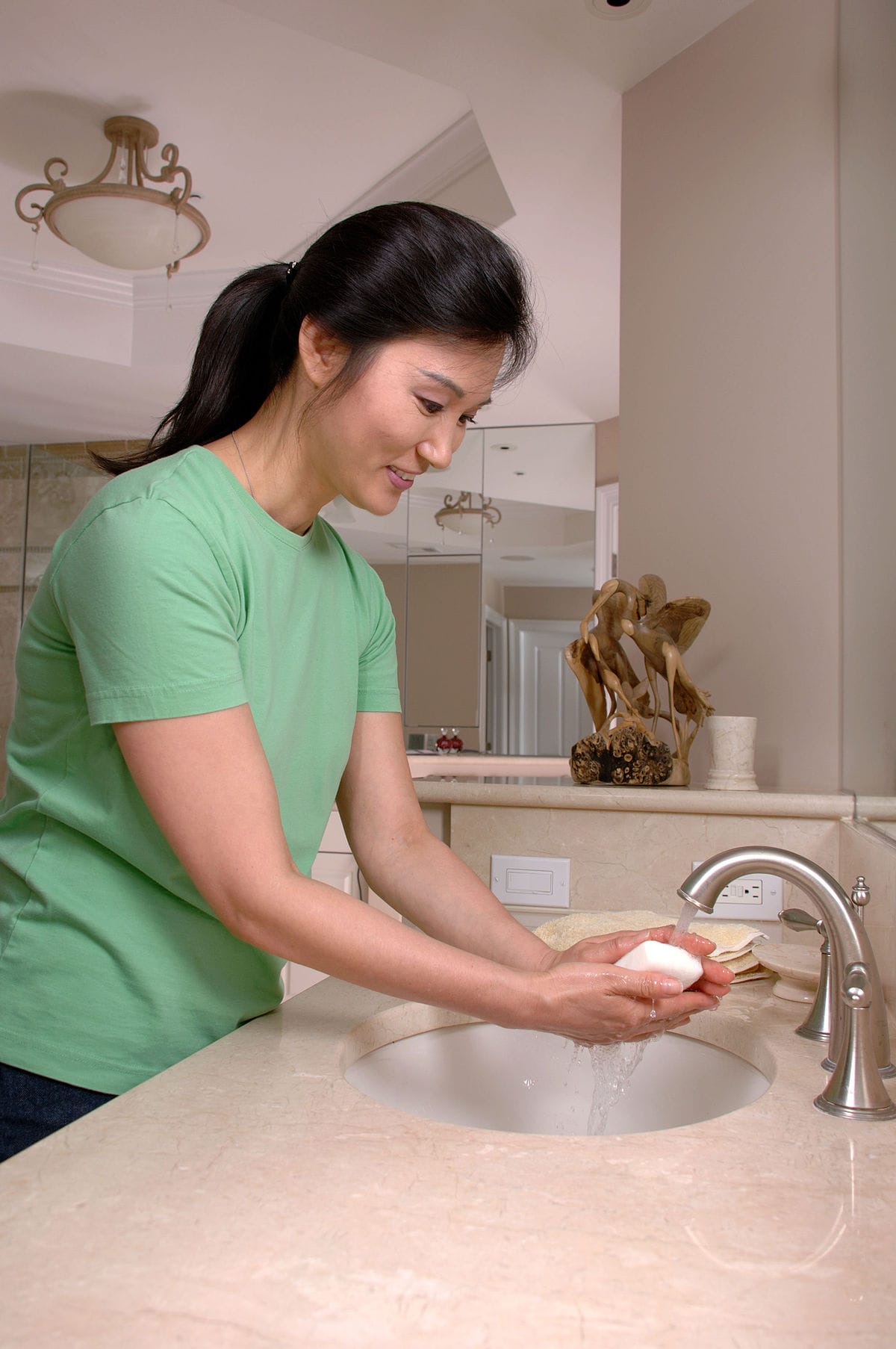
• Wash surfaces with a household bleach-based cleaner, especially in a home with a person who is sick.
• If sick, drink lots of fluids! And it is ideal to stay home for two days after symptoms stop since people can continue to spread the virus.
DaCampo said the Health Department has been hard at work educating residents about the norovirus, including coordinating “with the School Nurse Leader, Lynn Vozzella, who is very good about sharing info with the parent community to get the info far and wide. The Health Department has issued a message to all food establishments in town as well. Norovirus can spread very quickly in settings where effective handwashing may not be taking place frequently.”
Winchester Hospital is also seeing its fair share of patients.
“At Winchester Hospital, we are seeing a moderate to high amount of respiratory viral illnesses, including COVID-19 and influenza, which is typical for this time of year,” said Winchester Hospital Chief Medical Officer Dana Zitkovsky, MD, in a statement. “Norovirus infection is present in the community as well, and we are seeing a small number of cases in the hospital at this time.”
Zitkovsky also recommended people care for themselves.
“To help prevent the spread of respiratory infections, wearing a well-fitting mask and limiting exposure to those who are known to be ill can help,” Zitkovsky said.
“To limit spread of norovirus infection, washing hands with soap and water can help. In addition, avoid preparing food or handling food for others when sick with gastrointestinal symptoms.”
COVID/flu/RSV update
If you haven’t got norovirus, you may have experienced one of the other three: COVID-19, flu or even RSV.
The DPH monitors all of those diseases very carefully, gathering data from emergency room visits and hospitalizations. As of early January, the risk for Influenza-like Illness (ILI) is high throughout the Boston area, including Winchester.
According to DPH data, about 3.2% of visits to emergency rooms were due to flu, 1.7% due to COVID-19 and 1% due to RSV in adults.
And if you’re asking yourself, “Is that high?” The answer is no.
“It’s actually a pretty normal winter,” Doron said, of the data. “If you look at the [state data] you can see that it’s been middle of the road and it’s going down.”
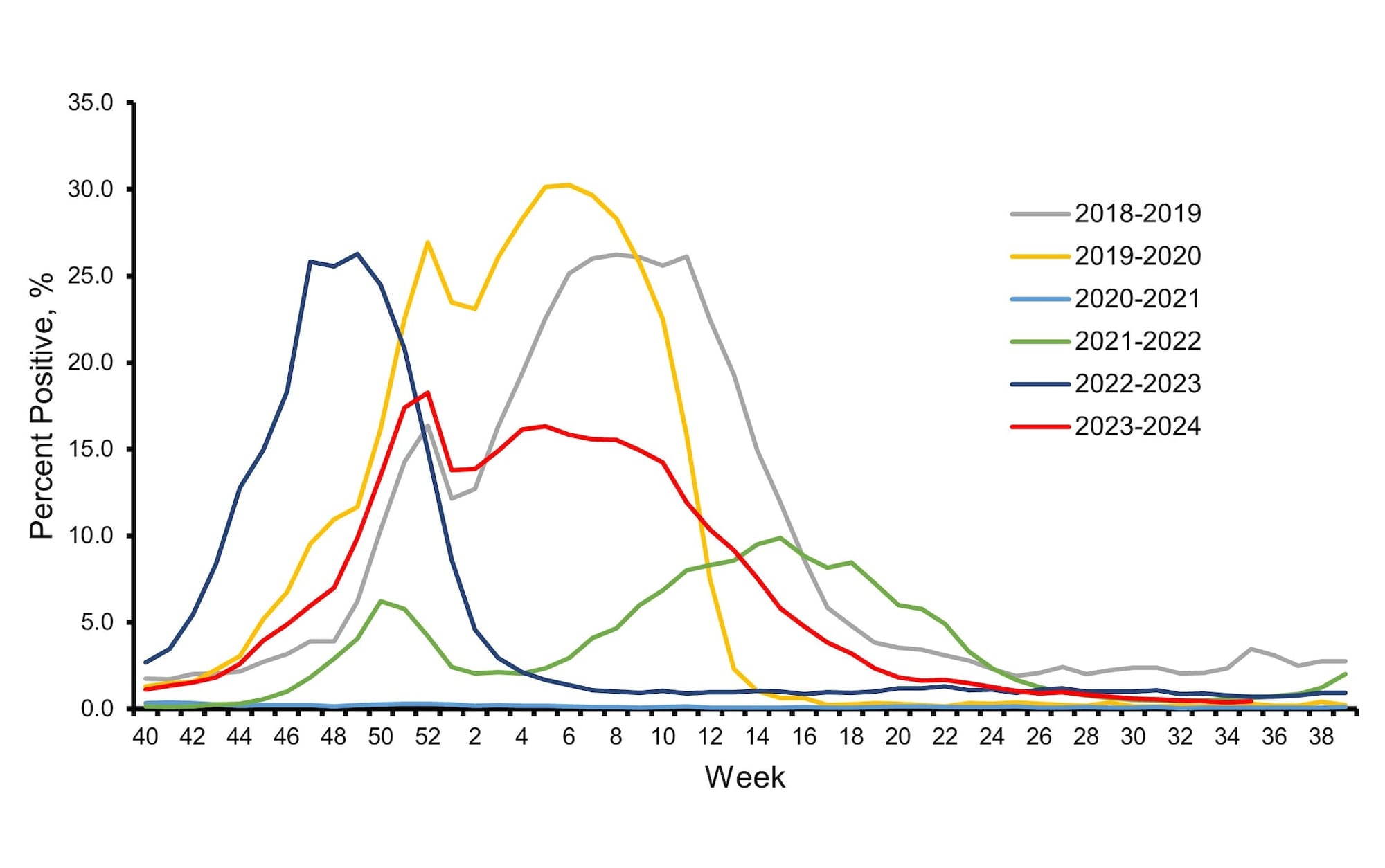
So why does it seem like an outbreak?
“Our memories tend to be short,” Doron said. “We get comfortable with non-winter and then we get sick and [emergency rooms] get slammed and we say it must be bad, but it’s really just short memory syndrome.”
Doron said public health data over the past six years shows that only one winter showed less activity than this one and that was the 2020-21 year. Every year since, she added, has been worse than the current season.
“Every year there’s influenza and respiratory illnesses,” she said. “Yes, the flu is up, but it’s flattened out.”
Doron said the pandemic really threw off the epidemiology of communicable diseases because everyone stayed in and was hyperaware of washing hands and taking other precautions. Because of that, she added, immunity to flu or RSV really dropped off.
“When the measures ended, we had a terrible RSV year,” she said, adding young children and older folks are generally the ones who can become very ill. “Almost every child will get RSV by the time they are 5 years old, most of them by 3. So, we only tend to see the disease scattered in older children or adults because they’ve built up past immunity.”
Doron added there’s probably a higher rate of whooping cough and walking pneumonia happening this year than COVID-19, flu or RSV.
“I wouldn’t say it’s a high year for [them],” she said. “Then again, it’s hard to tell if it’s abnormal or not.”

Then how can you move forward?
“Staying up-to-date on yearly flu and COVID vaccines is the best protection,” DaCampo said. “You can also help stop the spread of respiratory virus by staying home and away from others when sick, cover coughs and sneezes, wash hands often with soap and warm water or use hand sanitizer, mask up, get tested and if positive contact your doctor right away about treatment options.”
She added it’s not too late to get vaccinated.
“RSV is also a highly contagious virus and is a common cause of respiratory illness in all age groups,” she said. “RSV affects the lungs, and it can pose a potentially serious threat to young, old and anyone with lung conditions. RSV vaccine is available for pregnant women, infants, and those over 60 years and folks with high- risk conditions. RSV vaccine is a once in a lifetime vaccine.”
You can also contact the Winchester Health Department at 781-721-7121, your doctor or a pharmacy to schedule RSV, flu or COVID-19 vaccines.

